Think your diet is healthy just because you skip dessert or drink diet soda? Think again. Some of the most common items in our kitchens—yes, even those labeled “low-fat,” “organic,” or “whole grain”—might be quietly sabotaging your health.
Doctors have been waving red flags about certain foods for years, and not just because they’re loaded with sugar or salt.
From deceptively “healthy” snacks to sneaky sources of trans fats and additives, these everyday eats may be doing more harm than good. Whether you’re aiming to lose weight, boost heart health, or simply feel better in your own skin, it might be time to rethink your grocery list.
Here are 18 foods medical professionals say are worth ditching (or drastically cutting back on) for a cleaner, more vibrant, and disease-resistant lifestyle.
1. Sugar-Sweetened Beverages
The allure of a fizzy drink on a hot day is undeniable. However, sugar-sweetened beverages like sodas and energy drinks are packed with added sugars that provide little nutritional value.
These drinks can lead to weight gain, increased blood sugar levels, and a heightened risk of developing type 2 diabetes.
Moreover, the calories from these drinks don’t fill you up as food does, often leading to overconsumption. By replacing them with water or unsweetened beverages, you can significantly reduce your sugar intake.
A single can of soda can contain up to 39 grams of sugar, equivalent to about 10 teaspoons! Consider opting for sparkling water with a splash of lemon for a refreshing change.
2. Processed Meats
Bacon, sausages, and deli meats might be breakfast staples, but they come with a health warning. Processed meats are often high in saturated fats, sodium, and preservatives, which can increase the risk of heart disease and certain cancers.
These meats are typically smoked, cured, or salted, which leads to an elevated presence of harmful nitrates and nitrites. Instead of processed options, try incorporating more fresh meats or plant-based proteins into your diet.
World Health Organization has classified processed meats as a Group 1 carcinogen, putting them in the same category as tobacco smoking! So next time you’re planning a meal, consider choosing leaner cuts of meat or vegetarian alternatives.
3. Margarine
Once hailed as a healthier alternative to butter, margarine has fallen out of favor with health experts. Margarine is often made with partially hydrogenated oils, which are a major source of trans fats.
These fats can increase your LDL (bad) cholesterol and lower your HDL (good) cholesterol, leading to heart disease. Switching to healthier fats, like those found in olive oil or avocado, can support cardiovascular health.
It’s essential to read labels carefully, as not all margarines contain trans fats.
4. Instant Noodles
Instant noodles are a favorite for their convenience, but they are far from healthy. These quick meals are often high in sodium and unhealthy fats, with very little nutritional value.
Additionally, the flavor packets contain preservatives and artificial ingredients, which can be harmful in large quantities. Opt for whole-grain pasta or rice noodles with fresh vegetables and lean protein for a more balanced meal.
Consuming instant noodles regularly can increase the risk of metabolic syndrome, especially in women. If you’re craving a quick noodle dish, consider making your own broth and adding fresh toppings for a nourishing alternative.
5. Pastries and Cakes
The sweet temptation of pastries and cakes is hard to resist, but moderation is key. These baked goods are often laden with sugars, unhealthy fats, and refined carbohydrates, contributing to spikes in blood sugar and weight gain.
Regular consumption can increase the risk of obesity and related health issues. Instead, consider baking at home with healthier ingredients like whole grain flours and natural sweeteners.
Many traditional pastries were originally made with simpler, less processed ingredients. By getting creative in the kitchen, you can enjoy a treat that’s both satisfying and nourishing. Next time you reach for a dessert, think about how you can make it a bit healthier.
6. Microwave Popcorn
Perfect for movie nights, microwave popcorn is a convenient snack but often hides unhealthy secrets. Many brands use bags lined with perfluorinated compounds (PFCs), which can break down into harmful chemicals like PFOA.
Additionally, the artificial butter flavoring may contain diacetyl, linked to respiratory issues. For a healthier snack, try air-popping kernels and seasoning them with your favorite spices.
Popcorn itself is a whole grain and can be a healthy snack when prepared without added chemicals. If you’re looking for a crunch, think about homemade versions with natural flavorings.
7. Fried Foods
Crispy, golden fried foods are a delight for the taste buds but a challenge for your heart. Foods like French fries, fried chicken, and doughnuts are typically cooked in unhealthy oils that are high in trans fats.
These fats can increase the risk of heart disease and other chronic conditions. Instead, baking or grilling your favorite foods can offer a healthier alternative without sacrificing flavor.
Did you know? Some oils used for frying can break down into toxic compounds at high temperatures. Consider experimenting with spices and herbs to enhance flavor without the need for frying.
8. White Bread
Soft, fluffy white bread might be comforting, but it’s often devoid of nutritional value. Made from refined grains, it lacks the fiber, vitamins, and minerals found in whole grains.
Consuming refined grains can lead to rapid spikes in blood sugar, contributing to hunger and overeating. Switching to whole grain or whole wheat bread can provide more nutrients and support digestive health.
9. Candy
Sugary, colorful, and oh-so-tempting, candies are a quick route to satisfy a sweet tooth. However, they are packed with sugar and artificial ingredients, leading to cavities, weight gain, and increased risk of chronic diseases.
Instead of reaching for candy, consider fruit or dark chocolate as a healthier alternative.
The sugar content in candy can lead to a temporary energy boost followed by a sharp crash. When you’re craving something sweet, think about choosing options that offer more nutritional benefits.
10. Frozen Meals
Convenience often comes at a cost, especially with frozen meals. Many are loaded with sodium, preservatives, and unhealthy fats, making them an unwise choice for regular consumption.
While these meals save time, they can also contribute to high blood pressure and other health issues. Preparing meals in advance with fresh ingredients can be a healthier alternative.
Some frozen meals can contain more sodium than a bag of potato chips! If you’re looking for a quick meal solution, homemade batch cooking might be the way to go.
11. Flavored Yogurt
Marketed as a healthy choice, flavored yogurt often contains hidden sugars and artificial additives. These sweetened varieties can contribute to unnecessary calorie intake and potential weight gain.
Opting for plain yogurt with fresh fruits and a drizzle of honey can be a more nutritious option. Plain yogurt is rich in probiotics, which are beneficial for gut health.
12. Breakfast Cereals
Colorful and crunchy, breakfast cereals are a common sight at the breakfast table but can be misleadingly unhealthy. Many of these cereals are high in sugar and low in fiber, making them less than ideal for a balanced breakfast.
Opt for whole grain cereals with less added sugar to start your day off right. Some cereals contain more sugar than a chocolate bar! When shopping for cereal, check the labels and choose options that are rich in fiber and low in sugar.
13. Canned Soups
Quick and easy, canned soups are a go-to for many, but they might not be as wholesome as they seem. These soups often contain high levels of sodium and preservatives, which can lead to bloating and hypertension.
Opting for homemade soups with fresh ingredients can be a healthier, tastier option. Making soup at home allows you to control the amount of salt and seasoning. If you’re looking for comfort food, consider whipping up a batch of homemade soup for a comforting and nutritious meal.
14. Potato Chips
The crunch of potato chips is undeniably satisfying, but these snacks are often loaded with unhealthy fats and sodium. Regular consumption can contribute to weight gain and increased blood pressure.
Instead, try snacking on nuts or air-popped popcorn for a healthier crunch.
15. Ice Cream
Nothing beats the creamy delight of ice cream on a hot day, but moderation is key. Ice cream is high in sugar and saturated fats, which can lead to weight gain and increase the risk of heart disease. Opt for smaller portions or try frozen yogurt for a lighter treat.
Some brands offer low-sugar and plant-based versions for a healthier indulgence. When craving a cold treat, think about portion control or healthier alternatives to enjoy it guilt-free.
16. Energy Drinks
Designed to boost energy, these drinks often contain high levels of caffeine and sugar, making them less than ideal for regular consumption. The combination can lead to increased heart rate, high blood pressure, and sleep disturbances. Instead, consider natural energy sources like green tea or a brisk walk.
Some energy drinks can contain as much caffeine as four cups of coffee! When looking for an energy boost, opt for healthier, more sustainable choices.
17. Sauces and Dressings
Adding flavor to meals, sauces, and dressings can be a hidden source of sugars, salts, and unhealthy fats. Many store-bought versions contain preservatives and artificial ingredients that can derail a healthy diet.
Try making your own at home using fresh herbs and natural oils to enhance your dishes healthily. Homemade dressings allow you to customize flavors while controlling nutritional content. So, when enhancing your meals, think about creating your own flavor combinations.
18. Granola Bars
Marketed as a healthy snack, granola bars can often be deceivingly sugary. Many contain added sugars, artificial ingredients, and unhealthy fats, which can counteract their nutritional benefits. Instead, look for bars made with whole ingredients or make your own at home.
Some granola bars have as much sugar as a candy bar! When choosing a snack, consider options with less sugar and more natural ingredients.
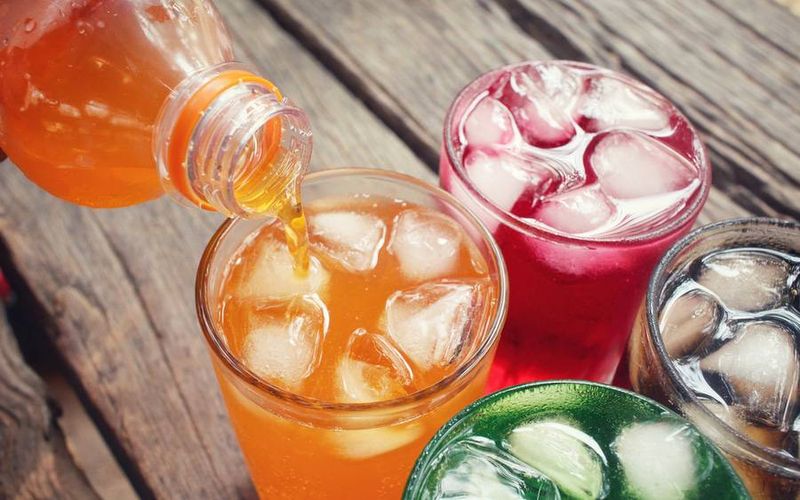

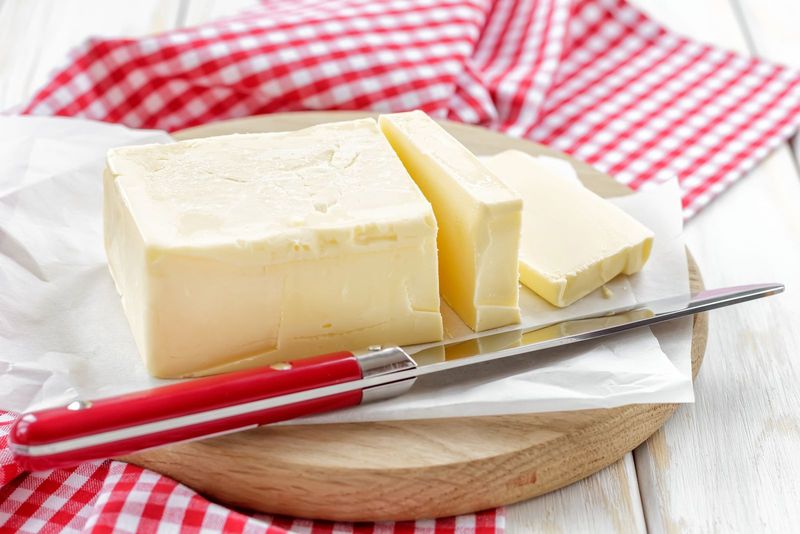
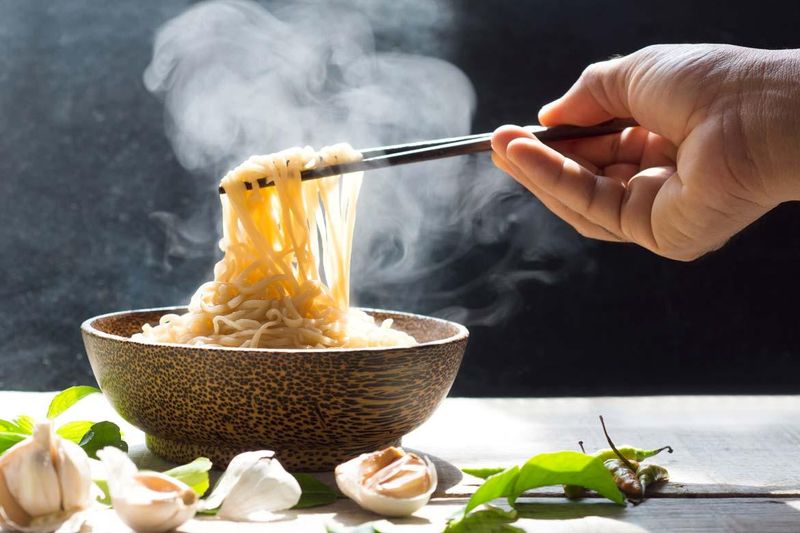
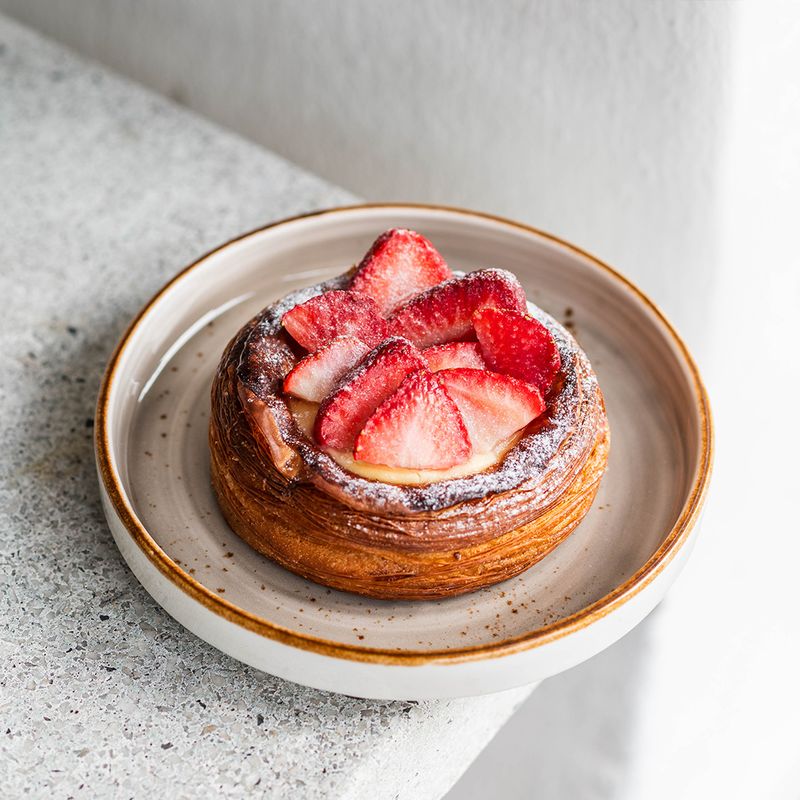
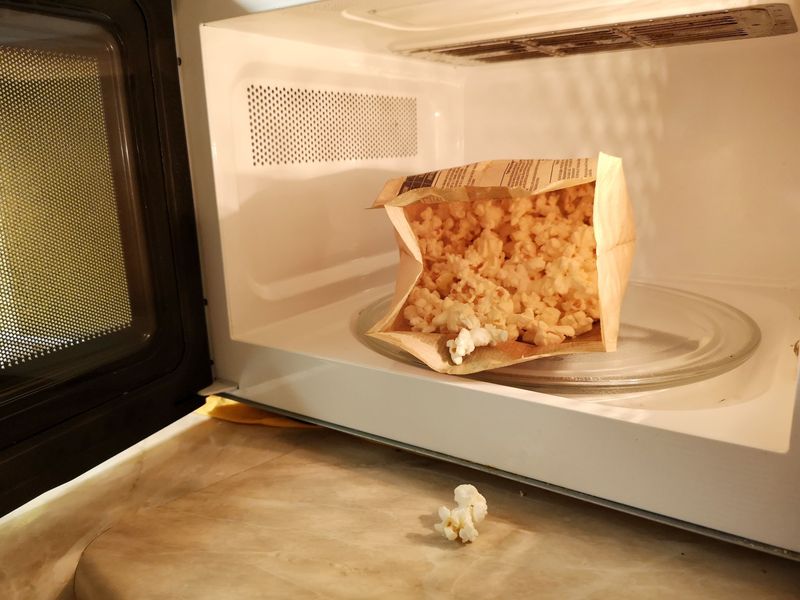

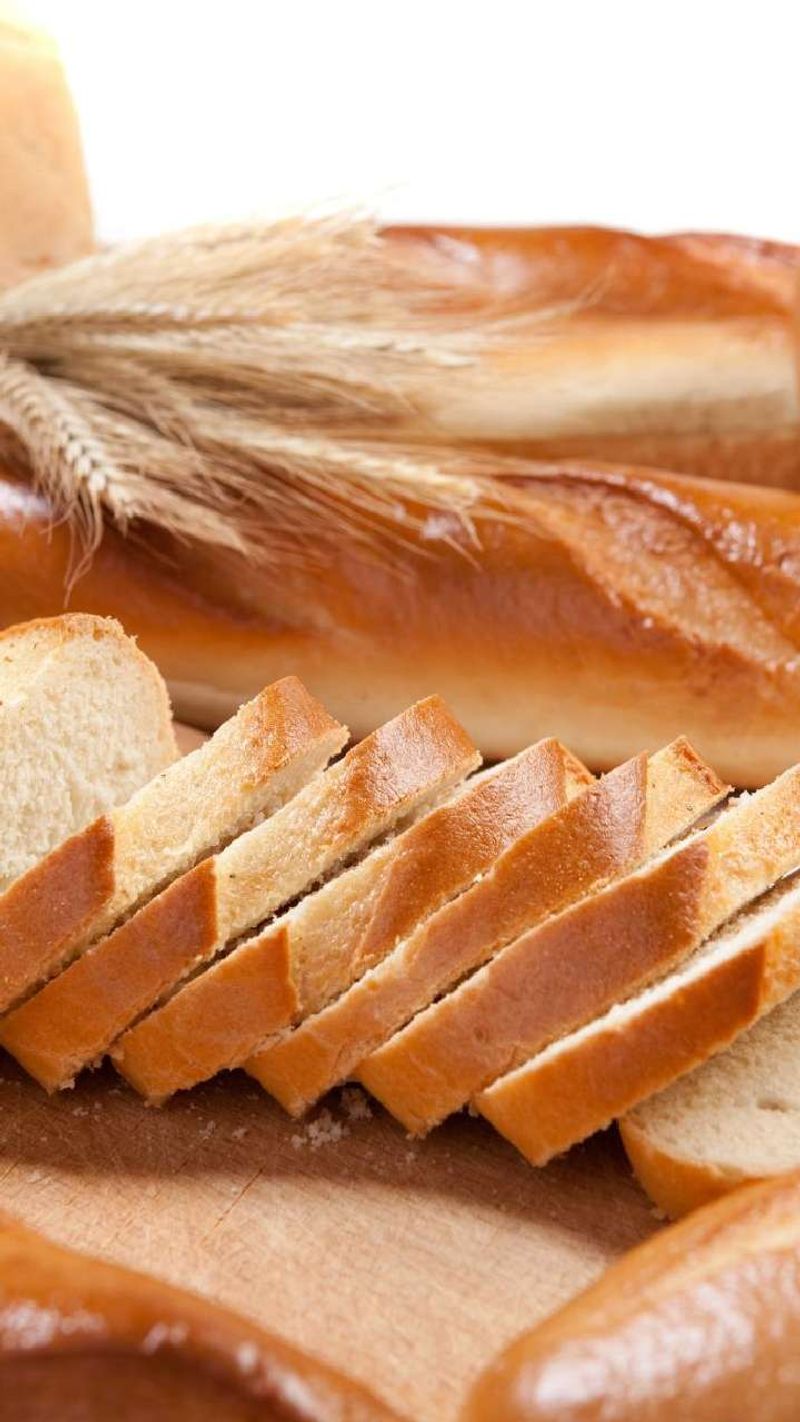


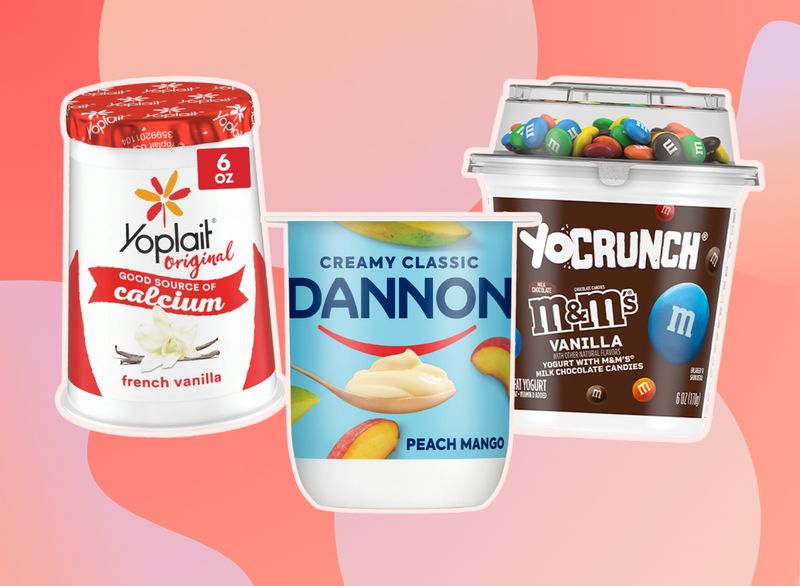
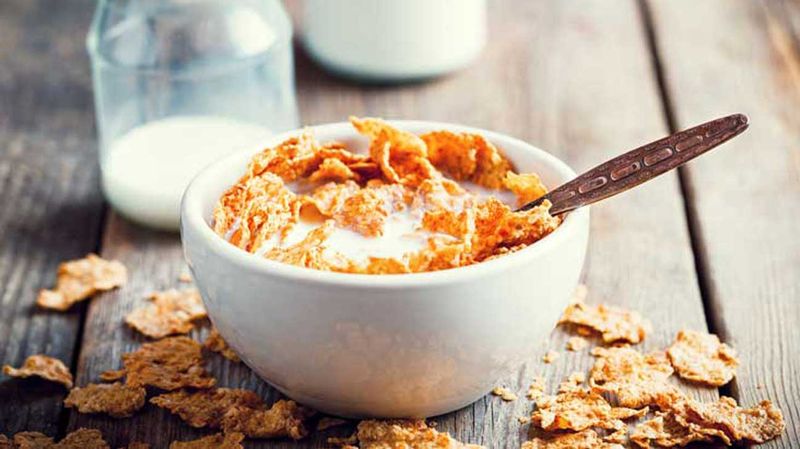
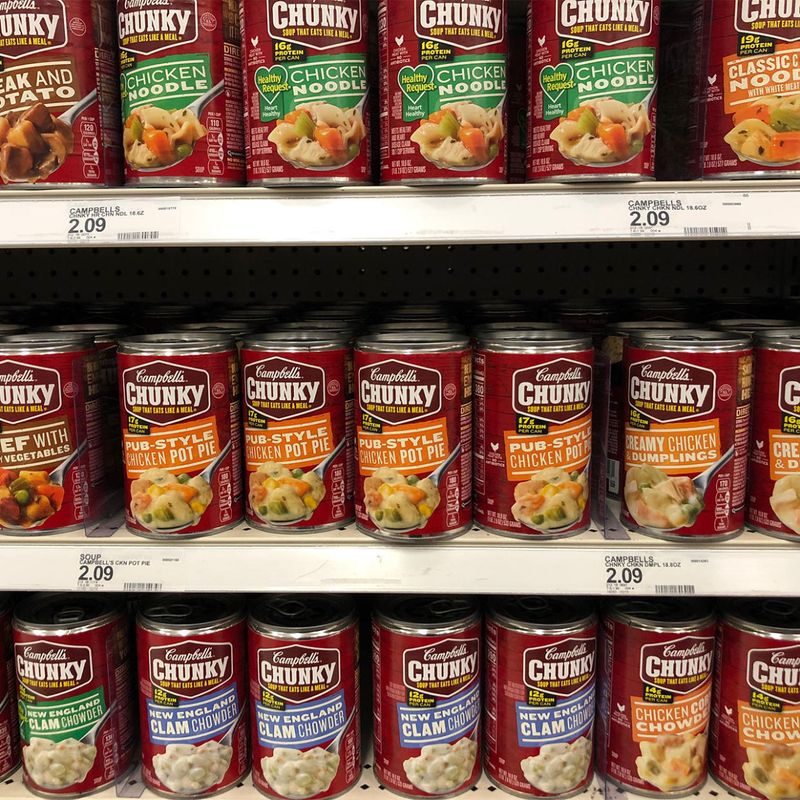
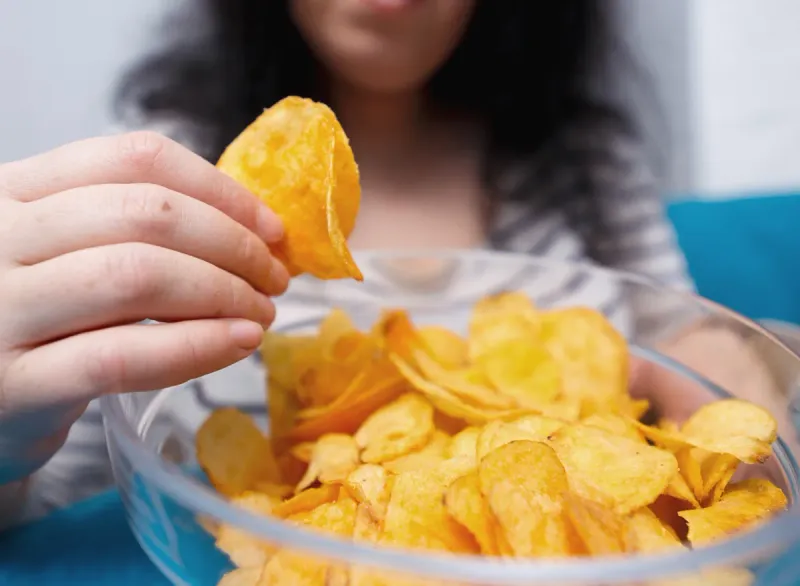

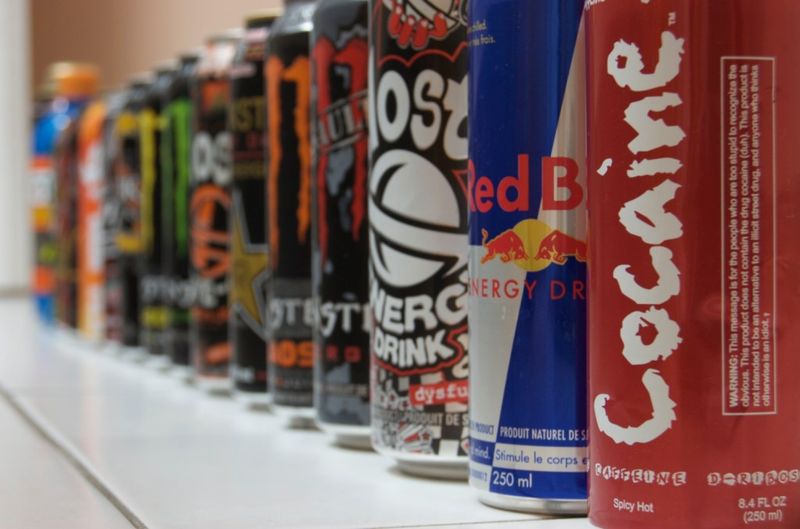


Leave a comment